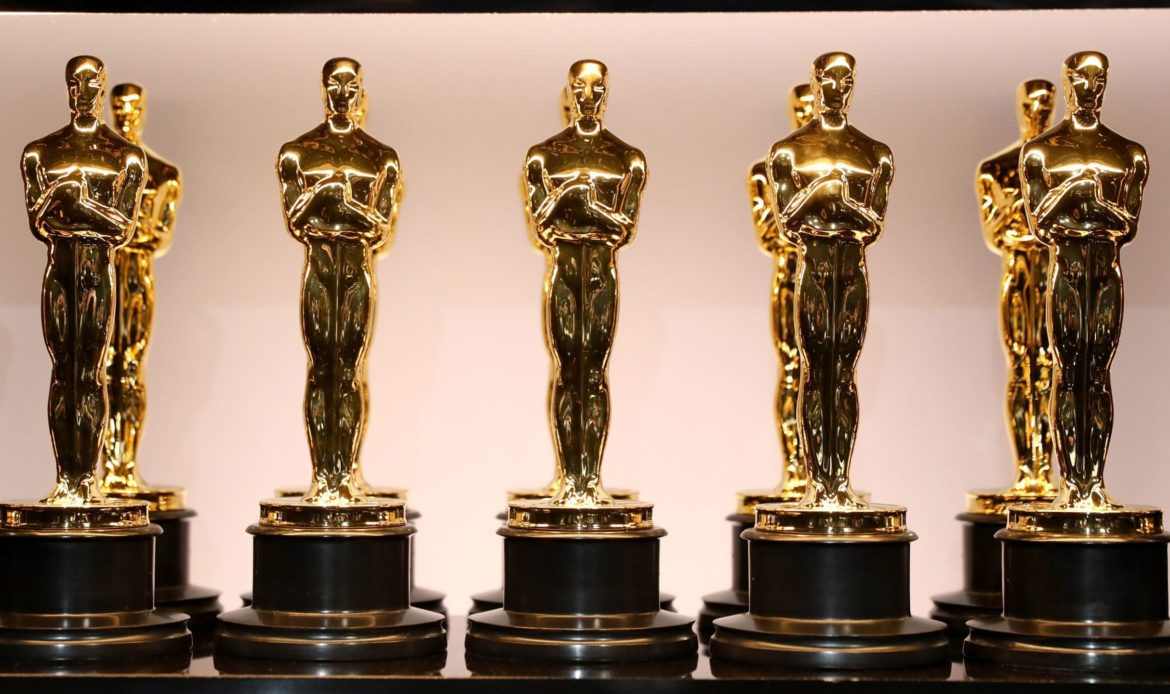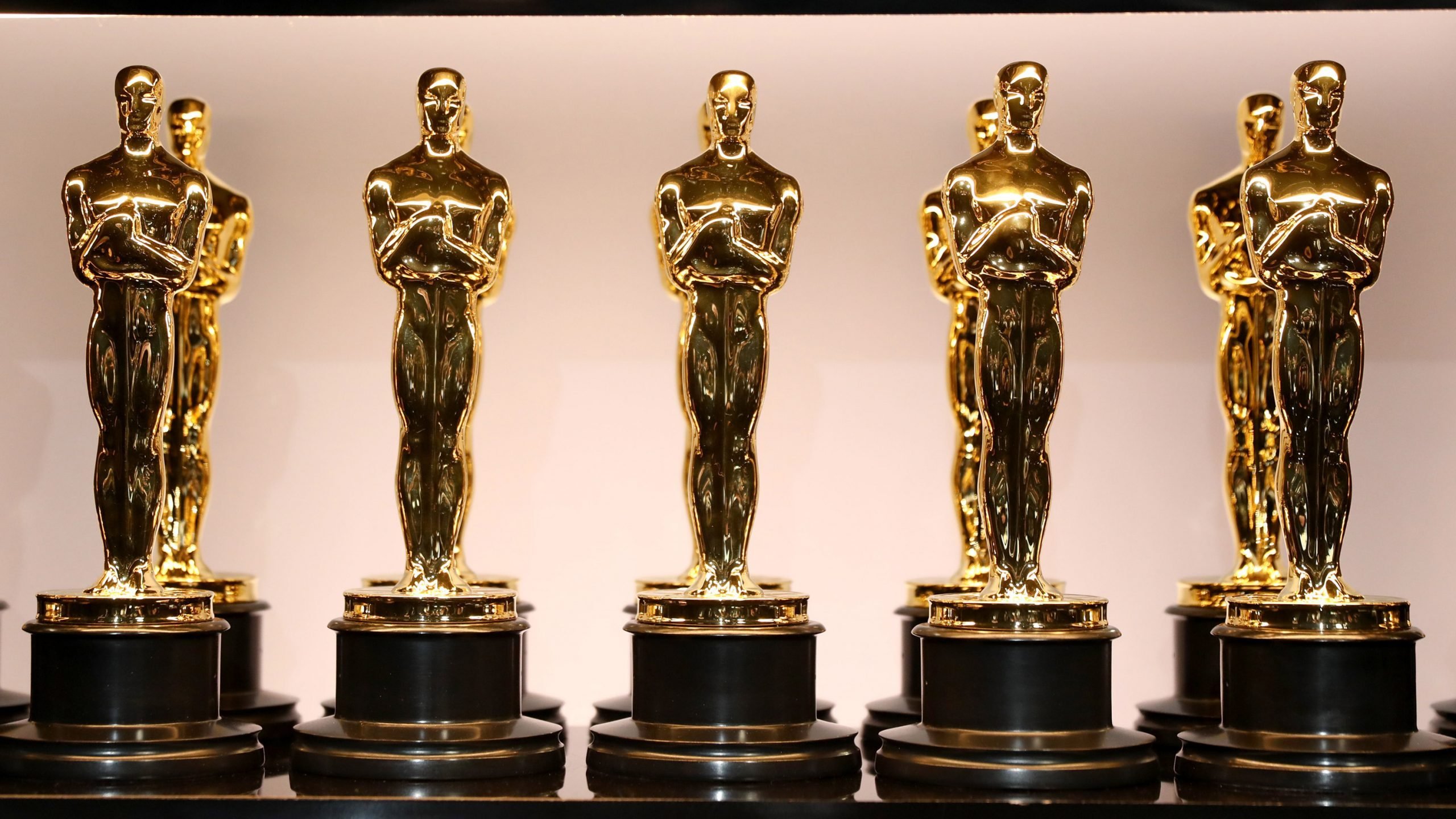Are Award Shows a Good Barometer for Artistry?

Hot off the heels of the #OscarsSoWhite and #MeToo movements, Hollywood’s mask of glitz and glamour has slipped. A reckoning has been led by racial minorities and women, scrutinizing an industry predicated on white patriarchal ideals that have reduced their identity to disposable figures. These controversies have resulted in the prestige of the Academy Awards being dealt severe body blows, as the ceremony recorded the lowest viewership in its ‘illustrious’ history in 2021. What was once considered the pinnacle of cinematic artistry has lost all its credibility, and the unfathomable has happened; nobody gives a fuck who the Oscar goes to!
I would be lying if I said there was not something alluring about watching bougie celebrities host exclusive ceremonies celebrating their contributions to cinema in the most self-aggrandizing manner. Though words cannot express the overdose of serotonin I receive when witnessing award shows being put to the sword and falling into irrelevance, my only gripe is: what took so long?
2016 was a controversial year for the Academy after nominating zero racial minorities for acting the second year running, leading host Chris Rock to refer to the ceremony as the “White People’s Choice Awards” during his Oscar monologue. People of colour and women make up a minority in the Oscars voting committee, which is predominantly composed of elderly white males. Unsurprisingly, the disparity reflects which group of people Hollywood considers worthy of appraisal, as 89% of nominations are for Caucasians and 71% are for men. The dominant group manipulates unbalanced voting conditions created by them to reward actors reflect their own identities, legitimizing their dominance.
I often imagine the voting committee huddled in a secret lair twirling their moustaches while laughing maniacally because they have successfully completed their master plan and rigged the show in favour of white men. Perhaps my mental image is slightly hyperbolic, and it is unlikely the corruption extends to that degree. Regardless, the Oscars are designed to be intentionally exclusionary of art that does not conform to Western ideologies. Doing so automatically disqualifies the Oscars as being a well-equipped measure of good artistry because the people voting lack a fundamental understanding of what the full spectrum of art is.
I came to my conclusion after Martin Scorsese and Francis Ford Coppola assembled to label the Marvel Cinematic Universe a lower form of cinema. A common theme in the old head directors’ critiques of Marvel were that superheroes lacked intellectual value because they adhered to a repetitive formula. Upon reading their statements, I could not help but laugh at the irony and remark: “I know that ain’t who I think it is.”
These two genuinely believe themselves to be champions of artistic ingenuity, as if they did not direct countless movies with the exact same thematic formula and actors. If you have ever seen a movie starring Leonardo DiCaprio or Robert De Niro revolving around white dudes in organized crime rings, breaking every law under the sun for money and power, you have seen the majority of their respective filmographies. The Godfather, The Irishman, and The Departed all followed the Oscar bait formula to a tee and dominated their respective award-circuit years.
The notion that art is defined by its originality is clearly lost on the voters who consistently reward similar narrative frameworks. The fact that these men believe they have an authority on what constitutes true art demonstrates the pretentious nature of Hollywood. First of all, there is no such thing as “real cinema”. That is not to say that there is no such thing as good movies (do yourself a favour and watch City of God) or bad movies (avoid Netflix’s Death Note at all costs); the matter simply depends on personal taste.
Art is a dynamic; artists draw from their unique inspirations before transposing their metaphysical conceptions of their world into our reality. Herein lies the issue with the Academy: cinematic contributions that do not align with their cookie-cutter definition of art are frequently denoted as low value. What is presented here is a major roadblock for marginalized creators whose salient social identities influence how they express their artistry. Their films often revolve around themes extending beyond the typical sociopolitical contexts considered in movies. The voters’ elevated social status has created a myopic perspective, preventing them from empathising with individuals with dissimilar backgrounds. These movies often reject heternormative and white ideals, which the Academy may feel is a challenge against their traditional forms of art that reinforce power dynamics.
To that point, the Academy has shown my people some love—I just hate the type of movies that get us love! Denzel Washington in Glory, a film about the first all-Black regiment during the American Civil War; Octavia Spencer in The Help, where she played a maid subjected to racism during Jim Crow; and Lupita Nyong’o in 12 Years a Slave are all examples of how the Academy loves to type-cast talent into race-related roles and regularly awards contenders centred around Black trauma. The Oscars are more than happy to exclude racial minorities from amassing any standing in their circles. However, when an opportunity arises to commodify Black pain for a golden figure, the industry is quick to virtue signal and affirm discrimination is bad.
Hollywood loves to pretend that these films tackle groundbreaking subject matter and serve to enlighten audiences on the oppression minority communities have faced. While Lupita Nyong’o getting personally victimized by a slave master for two hours did spark discourse about America’s racist history, very little was done to change Hollywood’s discriminatory organanizational culture. I do not mean that movies revolving around racism should never be produced. I am simply saying the continual celebration of these movies speaks to the Academy’s limited view of diverse art forms. Until more uplifting components of the Black experience are valued in art, the most sure-fire way to gain recognition from awards shows as a minority is to re-enact intergenerational traumatic experiences of discrimination, assault, and dehumanization at the hands of white aggressors.
The sentiment that the Academy Awards has lost credibility needs to be slightly reworked. They never possessed credibility in the first place, and you cannot lose what you never had. We have moved away from the conception that films need recognition by exclusionary cliques to be considered excellent.
So how do we celebrate artistry now that award shows are down in the dumps? The way we always have! Spread the movie’s media PR so hard that people think you are on the directors’ payroll. Laugh, cry, and feel the whole spectrum of emotions as you watch spectacular stories unfold before your eyes. Use famous lines from movies in everyday language and dress like your favourite characters on Halloween. By incorporating the ideas these movies present in our lives and culture, we celebrate artistry and show creators that their films have deeply moved us. If you ask me, that holds more weight than any award decided by pompous Hollywood execs.

I just finished going through your blog and I have to say, it was an outright hoot. Your writing practice is so engaging, I felt like I was on a wild goose chase with you. The picture you included were also a hoot, and I’m persuaded that you must have a photographic memory because they were so vivid. Keep it up, it’s a real trip!
As someone who cherishes Halloween but hates wearing full-on costumes, your Halloween sweatshirts are an absolute godsend. They’re stylish and fun, without being too over-the-top, making them perfect for casual wear during the holiday season. Keep up the great work!